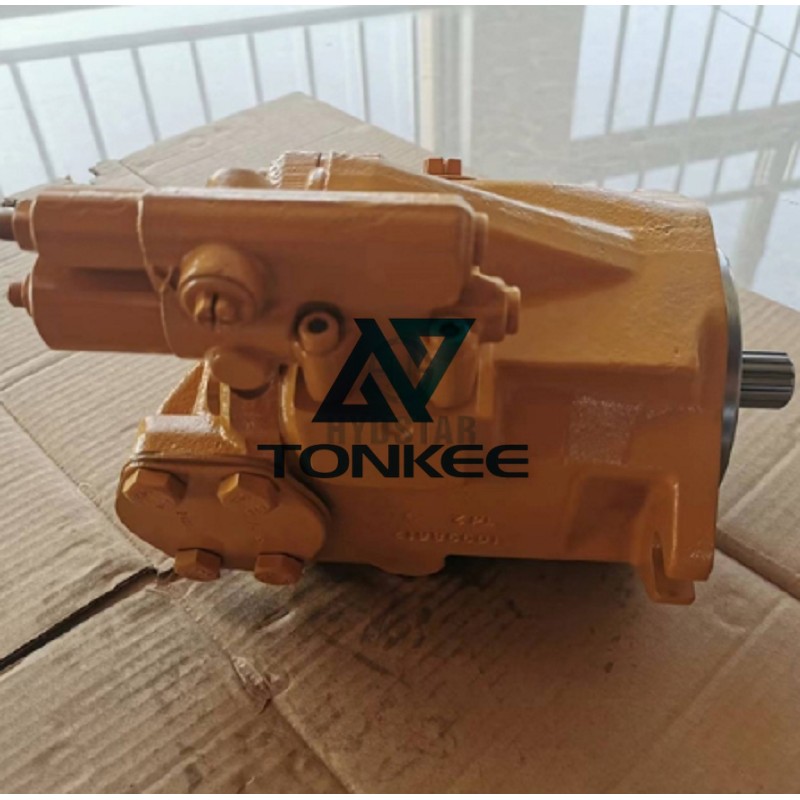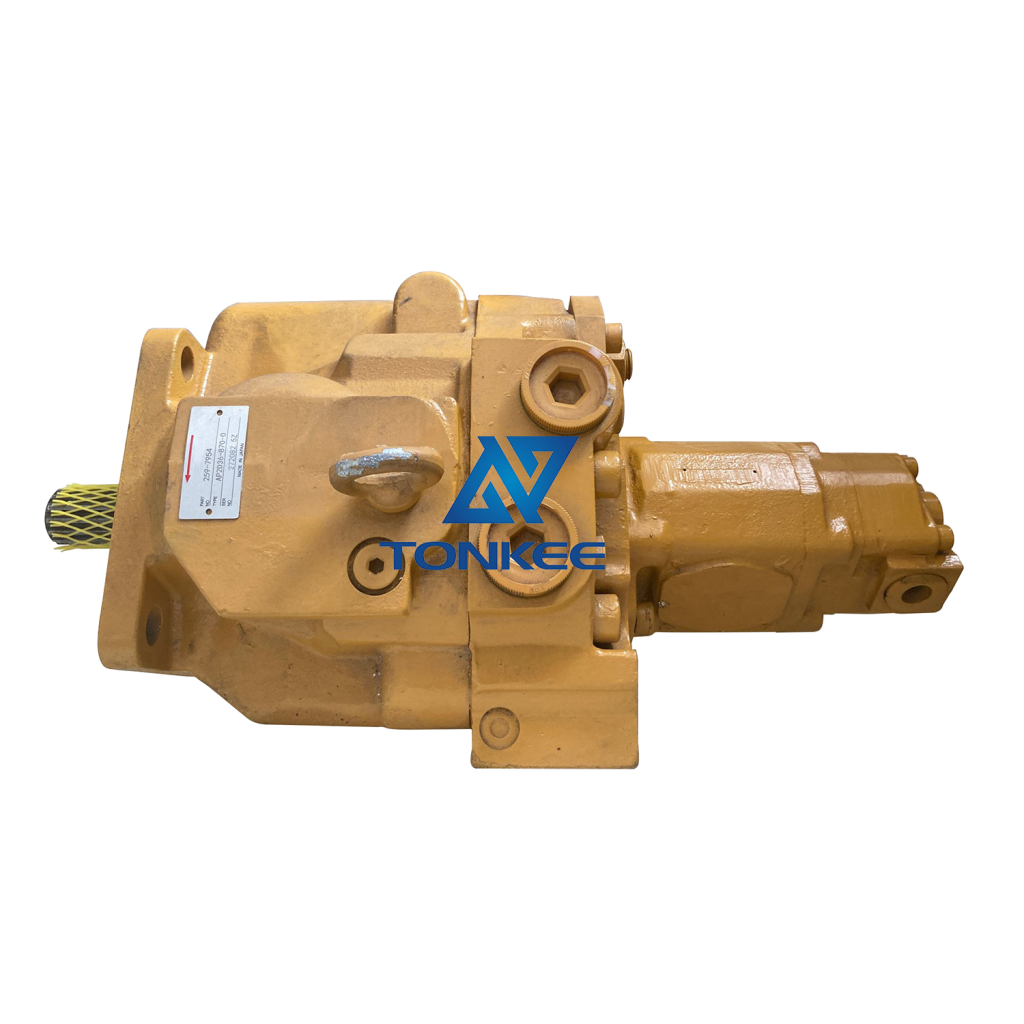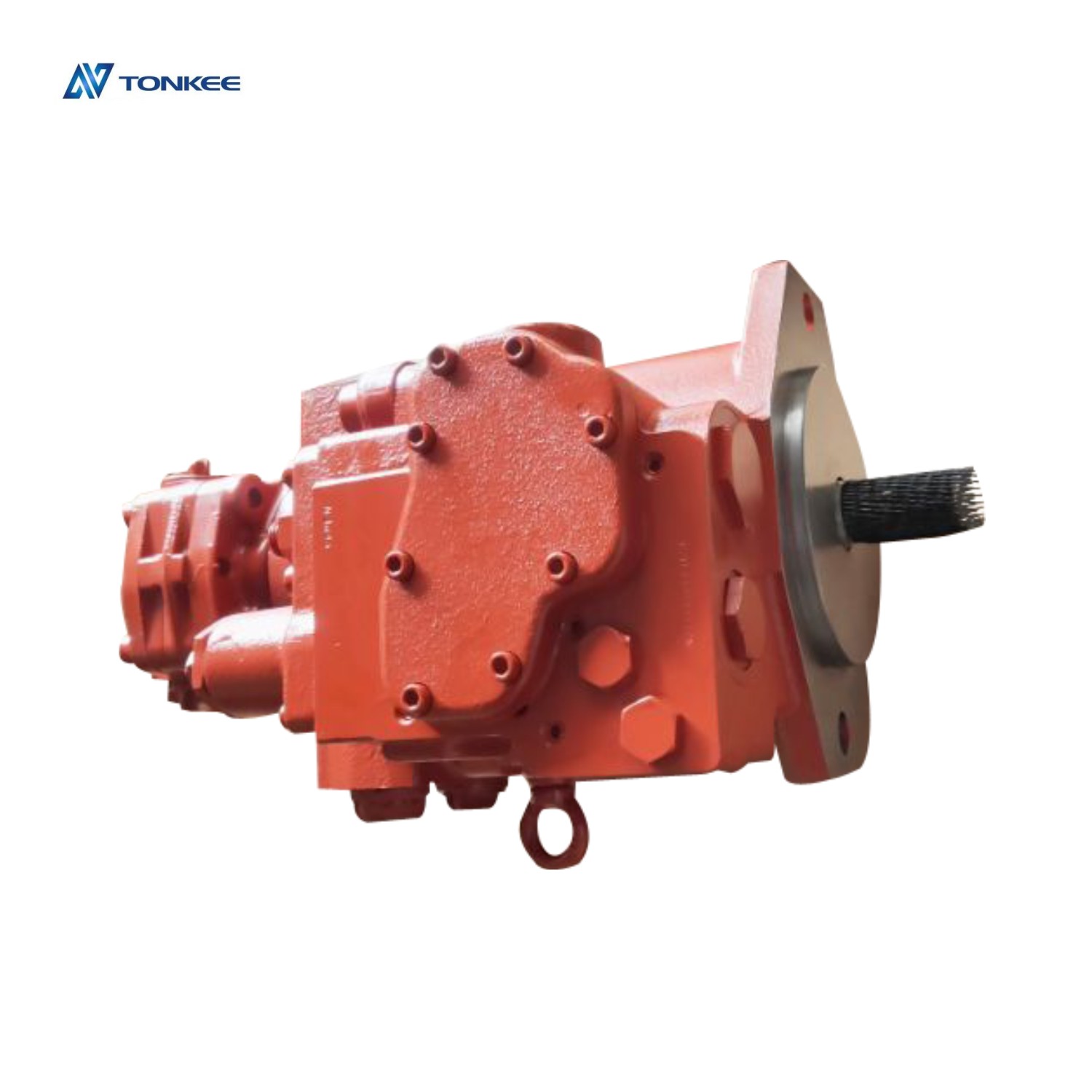
Operating Principle: Piston pumps operate based on the principle of reciprocating motion.
The piston(s) move back and forth within a cylinder to create suction and discharge phases, thereby drawing in and expelling fluid.
Flow Rate: The flow rate of a piston pump can vary widely depending on the size and design of the pump. They can handle low to high flow rates, making them suitable for a range of applications.
Pressure Rating: Piston pumps are often selected for their high-pressure capabilities. They can generate extremely high pressure levels, making them ideal for applications requiring significant force or precision.
Material of Construction: The choice of materials used in the construction of a piston pump depends on the type of fluid being handled and the environmental conditions. Common materials include stainless steel, cast iron, and various alloys.
Piston Design: Piston pumps can have single or multiple pistons. The design of the pistons, their diameter, and stroke length impact the pump's performance.
Sealing Mechanism: Piston pumps require effective seals to prevent leakage. Common sealing methods include packing, O-rings, and gaskets.
Drive Mechanism: Piston pumps are typically driven by an electric motor, internal combustion engine, or other power sources. The choice of drive mechanism affects the pump's speed and efficiency.
Control Mechanism: Some piston pumps have variable displacement features, allowing operators to adjust the flow and pressure according to the application's requirements.
Maintenance and Serviceability: Regular maintenance is essential to ensure the longevity of a piston pump. Proper maintenance schedules and accessibility for servicing are important considerations.
Application: Piston pumps are used in a wide range of applications, including hydraulic systems, high-pressure water jet cleaning, chemical dosing, and more.
Efficiency: The efficiency of a piston pump can vary, so selecting the right pump design and size is crucial to optimize energy consumption and overall system efficiency.
Noise and Vibration: Depending on the design and application, piston pumps may produce noise and vibration. Isolation and noise-reduction measures may be necessary.



 English
English Русский язык
Русский язык





